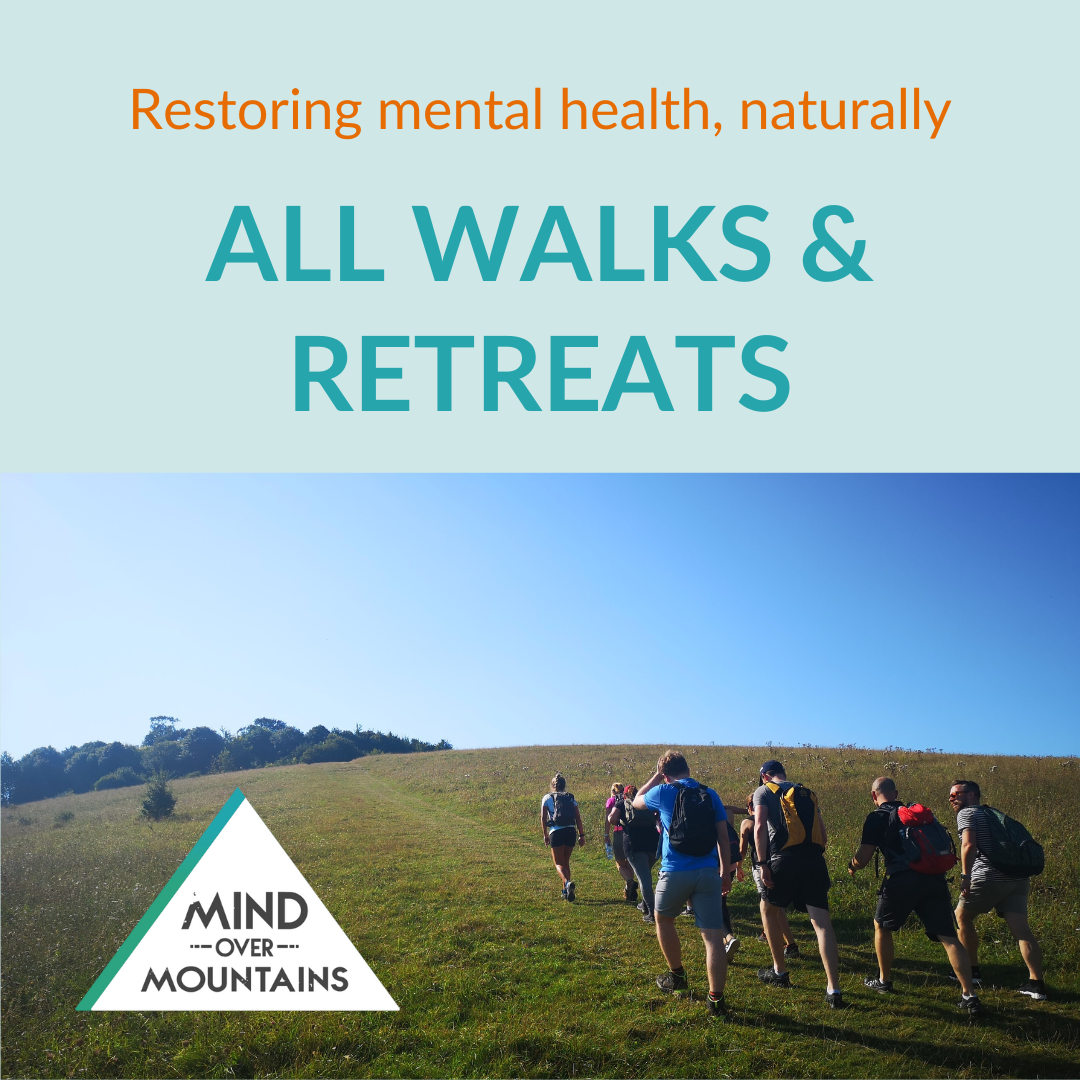
We talk a lot about physical fitness, but how often do we chat about our mental fitness? Mental health as a term can at times makes us feel a little negative, or somehow static. Mental fitness allows us to think of something we can improve, build, maintain and grow. And TALK about.
Most of us know a fair bit about physical fitness, and we talk a lot about it - how fast we can run, how high we can climb, how heavy we can lift. And these are all very tangible goals we strive to achieve. We can measure our progress, track our measurements and watch as our body adapts and grows in strength and agility. But what do we know about mental fitness? And should we be training our mind in the same way as we train our body?
What is mental fitness?

Put simply, mental fitness describes our wellbeing. Just as we measure our physical fitness by how well we cope with physical exertions, we can measure our mental fitness by the way we react to emotional stress. And similar to lifting weights to improve physical strength, taking care of your mental fitness also requires regular training. You might have heard the phrase, ‘use it or lose it’ - well, the same applies to mental fitness too. It’s a work in progress, something which requires regular training.
How does the term ‘mental fitness' differ from ‘mental health’?
Language is so important; what we say matters, and the way we think about both mental health and mental fitness is really interesting.
When we think of ‘mental health’, we think of things that need to be fixed. It can be rather black and white - you either have mental health issues, or you don’t. But in reality, we know this just isn’t true. We all have mental health and we all have periods of ups and downs. This is a normal part of life, and to be expected.
Mental fitness is different, because it takes into account the fact that we all have mental health, and refers to the fitness of our mental health. It takes into account the fact that we can all experience difficult periods, whilst also acknowledging that we can also do something about it too.

The aim isn’t to ‘fix’ our mental health, or to take away the difficult periods. These challenges make us human and are inevitable for us all. The aim is to work on our mental fitness, to improve the way we deal with challenges and to maintain a more positive mindset. Taking care of your mental fitness can help to prevent sadness or worry from turning into a mental health condition such as depression or anxiety.
How to build up your mental fitness
Using the term mental fitness also helps us to understand that it’s beneficial to be proactive. In much the same way that skipping the gym can cause you to drop weights on the bar, there are tings in life that can cause your mental fitness to drop too. For example, lack of sleep can impact your physical fitness as much as it can your mental fitness.
So how can we build up our mental fitness?
Evaluate
Think of it like a regular checkup at the doctors. How would you currently rate your mental fitness? How are you coping on a daily basis? Give yourself a score out of ten, then think about what you could do to improve that score.

Regular movement
Time to take a holistic approach. Physical and mental fitness go hand in hand, and regular movement not only benefits the body, but it works wonders for the mind too. The power of endorphins is well researched, and you definitely don’t need to climb a mountain to find that out - a gentle stroll for just 15 minutes can be enough to get the feel-good hormones pumping. Go for exercises you know you enjoy, and bring a friend along too if you can.
Manage your stress
We all experience stress from time to time, and its not always a bad thing. But when you start to notice your stress levels creeping up, it’s important to find ways to help bring them down again. Exercise is such a fantastic way to beat stress, but it might not always be practical. If thats the case, try breath work instead.
Breath work is accessible to everyone and can be done anywhere and at any time. When you slow the breath, you send signals to the body to calm down. The ‘fight or flight’ reflex begins to dissipate and the mind will start to slow.
Re-set your mindset
It can take practise, but being aware of your mindset and taking steps to change and rewire it can be hugely beneficial. Start by just noticing unhelpful thoughts, and ask yourself what might have triggered them. Is there another way you could look at the situation? Could you perhaps be worrying about something that hasn’t happed yet? And if so, can you change your mindset in a more positive direction instead?

Self care
Self care is different for us all. It might be training for an ultra marathon, but equally it might be simply taking the time to unplug from your phone for half an hour. The idea is to check in with yourself to discover what makes you feel good, and taking time from your schedule to do those things for yourself.
Build a healthy routine
Human beings are creatures of habit, and we don’t always operate well when we’re out of routine. Having a plan of action for your day and the week ahead can put you in the driving seat when it come to managing stress and overwhelm. With a good routine to follow, you can be proactive rather than reactive, and take the time to build in the acts of self care you need.
Build habits to support your goals
It’s much harder to assess your mental fitness than it is your physical fitness. Progress isn’t measured in the same way so it can sometimes be difficult to see how far you’ve come. Motivation always wavers, but habits are constant, and there are ways you can track your own mental fitness. It might be avoiding social media for a set time each day, and realising how much easier it becomes once the habit is set. It might be a daily yoga session or some time spent reading a book. Track these habits in a journal or on your phone, and over time you’ll recognise how they help to build up your mental fitness.









